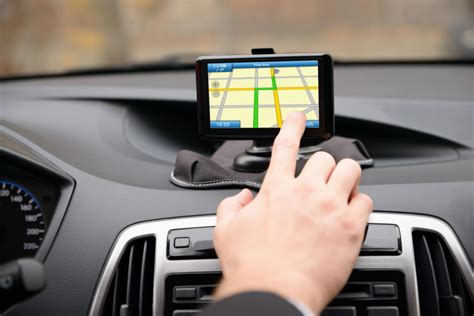Driving is a vital aspect of independence for many older adults. However, as we age, cognitive abilities may decline, affecting spatial awareness and navigation skills. In a recent study conducted by experts from various universities, including UEA and the University of Exeter, the impact of GPS navigation systems on older drivers was explored in depth.
“Driving is usually the preferred mode of transport among older adults, and it can be vital for maintaining independence, quality of life, wellbeing, and cognitive health as we age.”
Professor Michael Hornberger emphasizes the importance of driving for seniors’ overall well-being. With advancements in technology, GPS navigation tools like Sat Navs have become increasingly popular among older individuals to aid them in their journeys.
“We know that using a Sat Nav system can alleviate the cognitive demands of navigation when driving.”
Lead author Dr. Sol Morrissey highlights how GPS devices can reduce the cognitive load associated with navigating unfamiliar routes. For aging populations facing spatial orientation challenges, these tools offer significant support in maintaining their mobility and independence behind the wheel.
The study involved 895 UK drivers over 65 years old who provided insights into their driving habits, sense of direction, and GPS usage. By analyzing these factors alongside cognitive test results measuring memory and spatial abilities, researchers identified a strong correlation between GPS utilization and driving frequency among seniors.
“Older people with a poorer sense of direction rely more on Sat Navs.”
Interestingly, individuals with weaker spatial skills tended to rely more heavily on Sat Nav systems for navigation assistance. However, regardless of their initial sense of direction, those who used GPS devices drove more frequently than those who did not – indicating that such technology plays a crucial role in mitigating spatial challenges associated with aging.
Professor Hornberger underscores the significance of supporting older drivers in embracing GPS technology to prolong their safe driving years. By offering assistance and guidance on utilizing navigation aids effectively, elderly individuals can enhance their confidence on the roads while maintaining their autonomy.
This collaborative research effort underscores the importance of understanding how modern innovations like GPS contribute to enhancing elderly drivers’ road safety and overall well-being. With proper support and education on leveraging technology tools tailored to their needs, seniors can continue enjoying the freedom that comes with being behind the wheel for longer durations.

